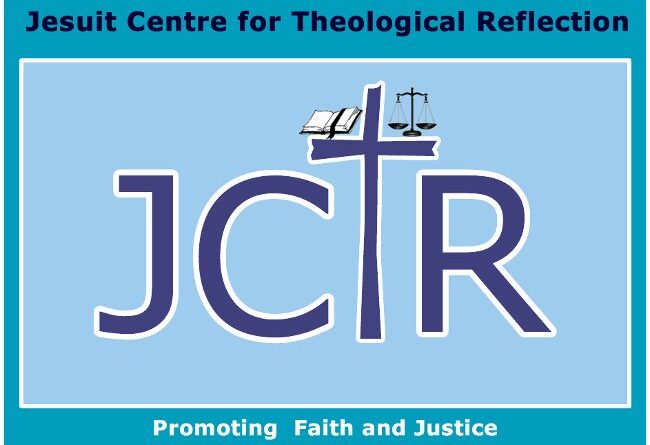Rising Living Costs Threaten Human Dignity, Urgent Action Needed
The Jesuit Centre for Theological Reflection (JCTR) has sounded the alarm over the escalating cost of living in Zambia, warning that it poses a severe threat to human dignity and exacerbates existing inequalities in society.
In a recent statement, the JCTR highlighted the findings of its Basic Needs and Nutrition Basket (BNNB) survey, which revealed a significant increase in living expenses for households in Lusaka.
According to the survey, the cost of the BNNB for a family of five has risen to K9,555.53, representing a substantial increase compared to the previous month.
The rising costs have been attributed to various factors, including increases in food prices, particularly commodities like charcoal, kapenta, and cooking oil.
Additionally, the unpredictable rainfall patterns in recent months have further compounded the situation, raising concerns about potential food price hikes in the near future.
The JCTR emphasized that the impact of these rising costs extends beyond mere economic figures, directly affecting individuals’ access to basic essentials and their overall sense of self-worth.
Families are often forced to make difficult choices between meeting their basic needs and addressing other urgent necessities, leading to increased hardship and undermining their dignity.
In light of these challenges, the JCTR called on the Zambian government to take immediate and decisive action to address the escalating living costs.
Specifically, the JCTR urged the government to prioritize targeted support programs for low-income households and enforce ethical price control measures to protect consumers from exploitation.
Furthermore, the JCTR stressed the importance of currency management to ensure stability and protect the value of the Kwacha against convertible currencies.
Creating a more predictable regulatory environment, particularly in the energy sector, was also identified as a crucial step in promoting stability and attracting investment.
The JCTR underscored the need for collaborative efforts between state and non-state actors to tackle the root causes of the crisis and formulate holistic strategies that prioritize economic transformation, social justice, and environmental sustainability.



